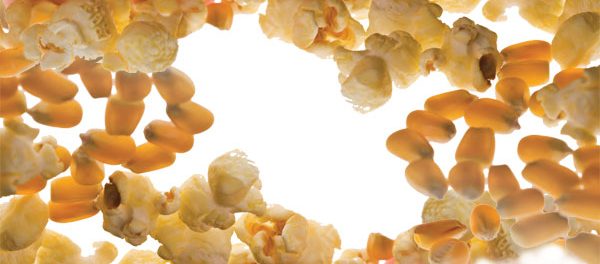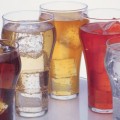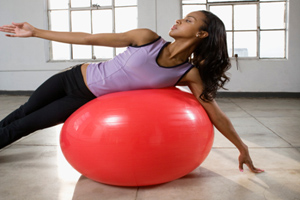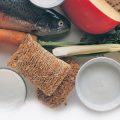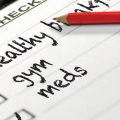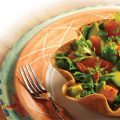Snack Attack
By Janis Roszler, RD, CDE, LD/N
When you were young, did your mother tell you not to eat between meals? Many people still think snacking is a no-no. They worry that the snacks they eat will cause them to gain weight and become less healthy. But experts who reviewed the eating habits of more than 11,000 people found that many of the snackers were very healthy eaters. They tended to drink more milk, eat more fruit and whole grains and consume less sodium in general. And the biggest surprise of all? The more they snacked, the better they ate overall.
Become a “Snacker”
While not everyone with diabetes chooses or needs to eat them, there are many great reasons to enjoy healthy between-meal snacks each day.
- A snack helps you keep your energy level up and blood glucose levels from dropping too low. Blood glucose levels tend to dip a few hours after a meal, and this can cause your energy level to drop. A well-timed, healthy snack can help you keep your engine roaring.
- Some snacks make you happier. If your snack contains carbohydrates, it will raise your brain’s serotonin level, which helps improve your mood.
- A snack helps you feel less hungry. When your next mealtime rolls around, you may be less tempted to overeat.
- A snack helps you say no. If you carry healthy snacks with you, you may have an easier time saying no to a vending machine treat or tempting office dessert.
- A snack helps you maintain your energy. Eat a snack before your workout, for example, to help keep your energy level up and prevent your blood glucose level from going too low.
- A snack helps you feel less deprived. It sure feels better to say yes to a healthy snack choice than no to a high-calorie, high-fat treat.
Find good snacks
If you have diabetes, a low-carb or carbohydrate-free snack is a great choice. Many people with diabetes limit their snack choices to foods that contain 15 or fewer grams of carbohydrates. Snacks with 15 or fewer grams of carbs per serving tend not to raise your blood glucose level by much. Some people also find that eating a small amount of protein or healthy fat along with their snack, such as a small piece of low-fat cheese or a few nuts, helps keep them full. When you pick your snacks, stay away from unhealthy fried foods, trans-fats (check the Nutrition Facts label) and high-calorie desserts. Keep your portion small and don’t go back for a second helping. A great way to stretch your snack is to enjoy it with water or a flavored, calorie-free drink.
Best times to snack
Think about your day and note the times when you start to feel hungry or have a drop in energy between meals. Those are possible snack times. If you eat your snack just before your energy drop occurs, you may be able to prevent the drop from happening.
If you want to lose weight, limit the size of your snacks. If they are too large, you may gain weight over time. A snack is not a small meal: It is a nibble that helps you make it to your next meal. Meet with a registered dietitian to learn how to add snacks to your current meal plan. Prepare for the snack attack and go for it.

